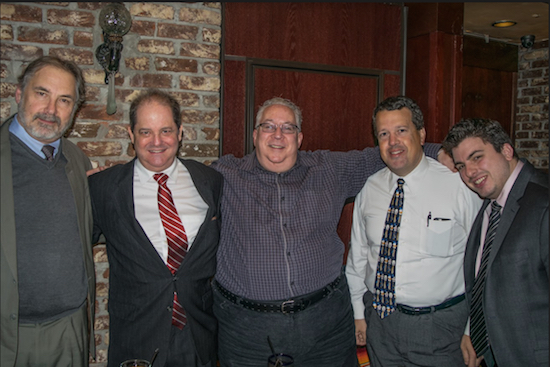Judge Scheckowitz issues challenge to Housing Court Bar Association

The Kings County Housing Court Bar Association (KCHCBA) held its first official meeting of 2017 on Thursday at Rocco’s Tacos and Tequila Bar where Judge Bruce Scheckowitz issued a challenge to its members to apply to become judges within the Housing Court system.
“We are not getting enough candidates who are strong candidates with experience in landlord tenant law,” Scheckowitz said. “There is going to be a tremendous number of openings in the next two to five years because there are a number of judges who have reached the points in their careers that they can leave.

Brooklyn Boro
View MoreNew York City’s most populous borough, Brooklyn, is home to nearly 2.6 million residents. If Brooklyn were an independent city it would be the fourth largest city in the United States. While Brooklyn has become the epitome of ‘cool and hip’ in recent years, for those that were born here, raised families here and improved communities over the years, Brooklyn has never been ‘uncool’.